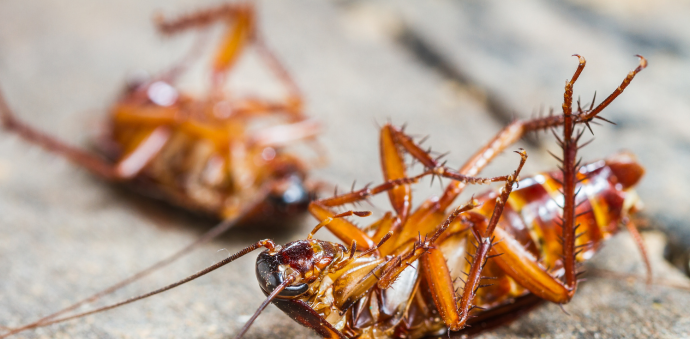
Discovering roaches in your apartment can be alarming, frustrating, and unhealthy. If you're a tenant in North Carolina facing a roach infestation, you might be asking yourself, "Do I still have to pay rent even if my apartment has roaches?" Understanding your rights regarding rent payments, landlord obligations, and the legal options available is critical to protecting yourself and your living conditions.
In this comprehensive guide, we will cover:
Roaches are not just unpleasant; they can carry bacteria and allergens that impact your health. North Carolina landlords have a legal duty to provide tenants with a safe and habitable living environment. This duty arises from the implied warranty of habitability, which means rental units must meet basic standards of cleanliness and safety.
Although North Carolina law does not list specific pests like roaches explicitly, landlords are generally required to maintain rental properties free from health hazards. This includes:
Tenant cooperation, such as reporting issues timely and keeping the unit clean, is also important.
The answer depends on several factors including the severity of the infestation, how quickly the landlord responds, and whether you follow legal procedures.
North Carolina law does not clearly allow tenants to withhold rent for pest infestations without following a strict legal process. Simply refusing to pay rent could lead to eviction. However, there are legal ways tenants can address the problem:
This legal principle requires landlords to provide livable housing that meets health and safety codes. If roaches significantly impair habitability, tenants may claim the landlord has breached the lease.
Refusing to pay rent without proper cause or procedure can lead to:
Always proceed cautiously and seek legal advice before withholding rent.
For landlords, the best way to avoid disputes over roaches is to:
Handling infestations professionally helps keep tenants safe and reduces liability.
When facing pest problems like roaches, many tenants feel overwhelmed and unsure about their rights and next steps. LawPassport membership gives you access to expert legal guidance tailored to North Carolina tenant law, including:
With LawPassport, you don’t have to face roach infestations and rental disputes alone. Our legal experts help empower you to resolve issues efficiently and protect your home.
Q: Can I break my lease because of roaches?
A: If the infestation makes the apartment uninhabitable and the landlord fails to fix the problem after notice, breaking the lease may be legally justified. Always get legal advice first.
Q: How quickly must a landlord fix a roach problem?
A: North Carolina law requires landlords to repair within a reasonable time after notice. What’s reasonable depends on the severity of the infestation.
Q: Can I hire an exterminator myself and deduct costs?
A: Possibly, but only after giving proper notice and if the landlord refuses, and with legal advice. Acting unilaterally can be risky.
Q: What if the roaches are caused by my actions?
A: Tenants are responsible for infestations caused by negligence. This can limit your rights to withholding rent or lease termination.
Roaches in your apartment create a dangerous and unpleasant living environment. North Carolina tenants have rights and protections, but navigating rent payment obligations and landlord responsibilities requires careful legal knowledge.
If you’re struggling with a roach infestation and wondering whether you have to pay rent, don’t guess; follow the proper legal steps to protect your rights and health.
Become a member of LawPassport today to get immediate, expert legal assistance specifically for North Carolina tenants dealing with roaches or any other rental challenges. Our attorneys help you assert your rights confidently while avoiding costly mistakes.
Join LawPassport now for trusted North Carolina tenant legal support tailored to your needs. Take control of your situation and live pest-free with professional guidance every step of the way.
Read: Can I Break My Lease Because of Bedbugs? Tenant Rights Explained
Read: Tenant Guide: Compensation for Roach-Infested Apartments